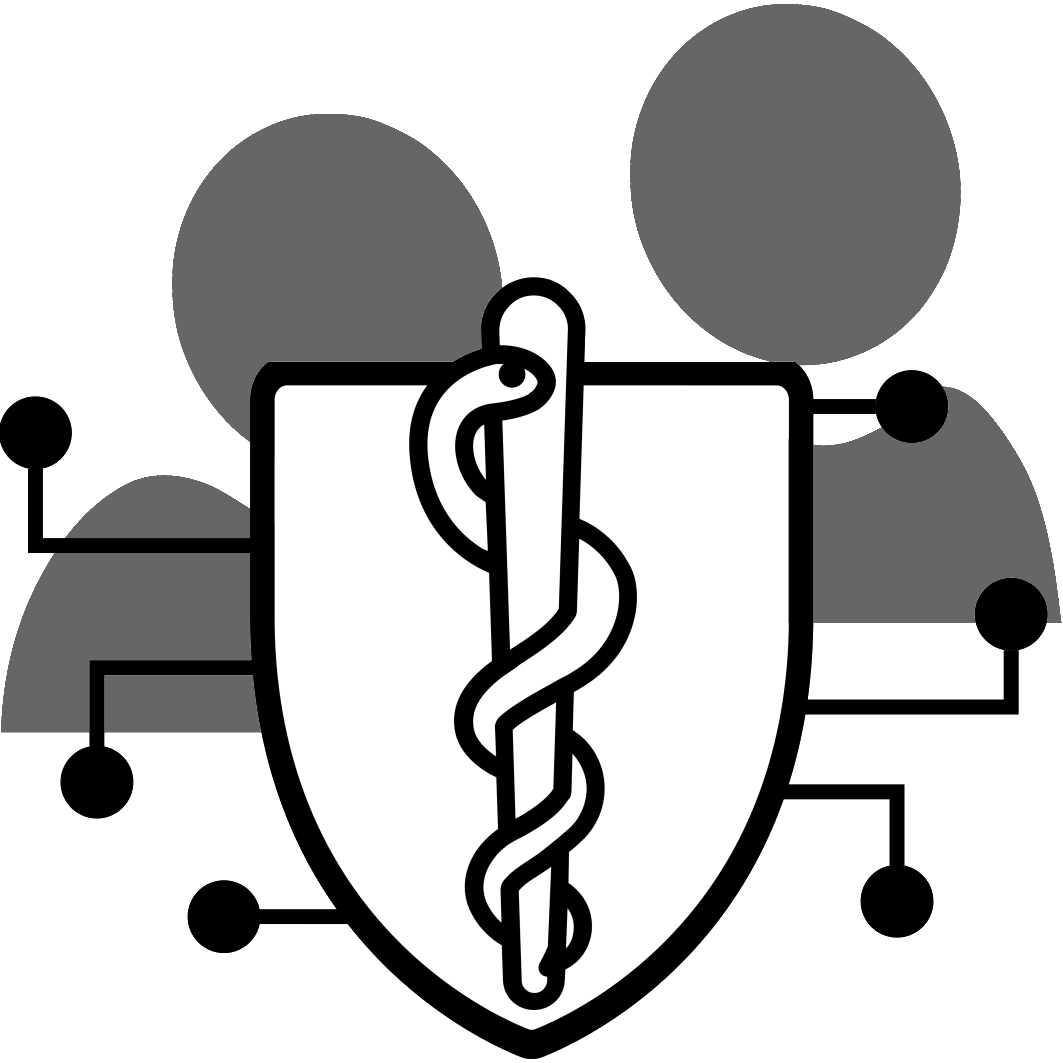
MedISA
Medical Centre Employee Centered Information Security Awareness
Katalog
Im Rahmen der MedISA-Forschung wurden verschiedene Messinstrumente zur Erfassung der Information Security Awareness in einem Katalog zusammengestellt, die für weitere Forschungsarbeiten und praktische Anwendungen genutzt werden können. Die zusammengestellten Instrumente bieten Hinweise auf Reliabilität und Validität, die wissenschaftlichen Gütekriterien sind jedoch von unterschiedlicher Qualität. Weitere Hinweise entnehmen Sie den dazugehörigen Publikationen.
Name: The Human Aspects of Information Security Questionnaire (HAIS-Q) DOI: https://doi.org/10.1016/j.cose.2017.01.004
Added: 2017
Added: 2017
Name: Simplified Information Security Awareness Scale (SISA) DOI: https://doi.org/10.3233/SHTI210248
Added: 2021
Added: 2021
Name: Information Security Attitude Questionnaire for Nurses (ISA-Q) DOI: https://doi.org/10.1002/nop2.1353
Added: 2022
Added: 2022
Name: Mobile Information Security Awareness Scale (MISAS) DOI: https://doi.org/10.1108/OIR-04-2020-0129
Added: 2021
Added: 2021
Name: Security Behavior Intentions Scale (SeBIS) DOI: https://doi.org/10.1145/2702123.2702249
Added: 2015
Added: 2015
Name: SABS ISO/IEC 17799 Scale with Focus on Hospitals (SIIS) DOI: https://www.cabidigitallibrary.org/doi/full/10.5555/20163074395
Added: 2015
Added: 2015
Name: Cyber Security Awareness Scale Based on Recommendation of ENISA and the U.S. HHS (CSAS) DOI: http://hdl.handle.net/10125/64215
Added: 2020
Added: 2020
Name: End-User Security Attitudes Scale (SA-6) DOI: https://www.usenix.org/conference/soups2019/presentation/faklaris
Added: 2019
Added: 2019
Name: Security Awareness Scale for Health Care Information Systems (SAS-HIPAA) DOI: https://doi.org/10.48009/1_iis_2011_224-236
Added: 2011
Added: 2011
Name: Hospital Staff’s Risky Cybersecurity Practices Scales (RCSPS) DOI: https://doi.org/10.1145/3465481.3470094
Added: 2021
Added: 2021
Security Behavior Intentions Scale (SeBIS)
Antwort Spezifikation: Five-point Likert scale (Strongly disagree to Strongly agree)
| Item |
|---|
| I set my computer screen to automatically lock if I don’t use it for a prolonged period of time. |
| I use a password/passcode to unlock my laptop or tablet. |
| I manually lock my computer screen when I step away from it. |
| I use a PIN or passcode to unlock my mobile phone. |
| Item |
|---|
| I do not change my passwords, unless I have to. |
| I use different passwords for different accounts that I have. |
| When I create a new online account, I try to use a password that goes beyond the site’s minimum requirements. |
| I do not include special characters in my password if it’s not required. |
| Item |
|---|
| When someone sends me a link, I open it without first verifying where it goes. |
| I know what website I’m visiting based on its look and feel, rather than by looking at the URL bar. |
| I submit information to websites without first verifying that it will be sent securely (e.g., SSL, “https://”, a lock icon). |
| When browsing websites, I mouseover links to see where they go, before clicking them. |
| If I discover a security problem, I continue what I was doing because I assume someone else will fix it. |
| Item |
|---|
| When I’m prompted about a software update, I install it right away. |
| I try to make sure that the programs I use are up-to-date. |
| I verify that my anti-virus software has been regularly updating itself. |